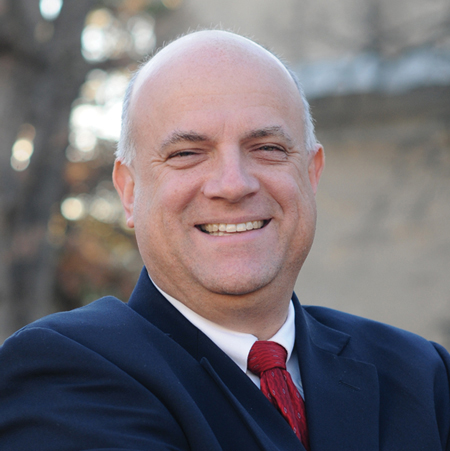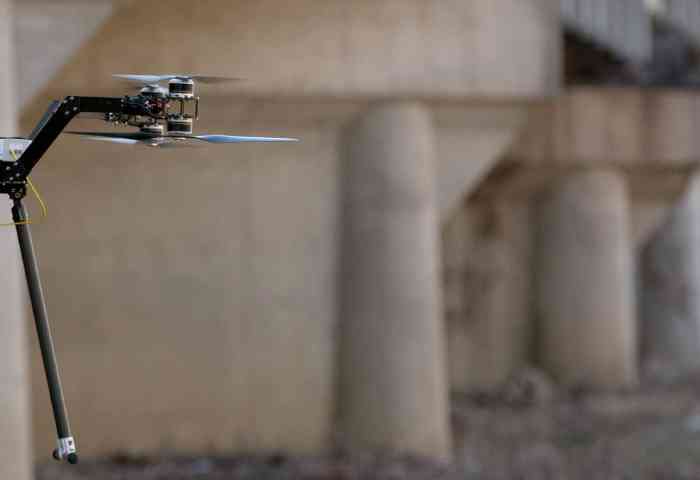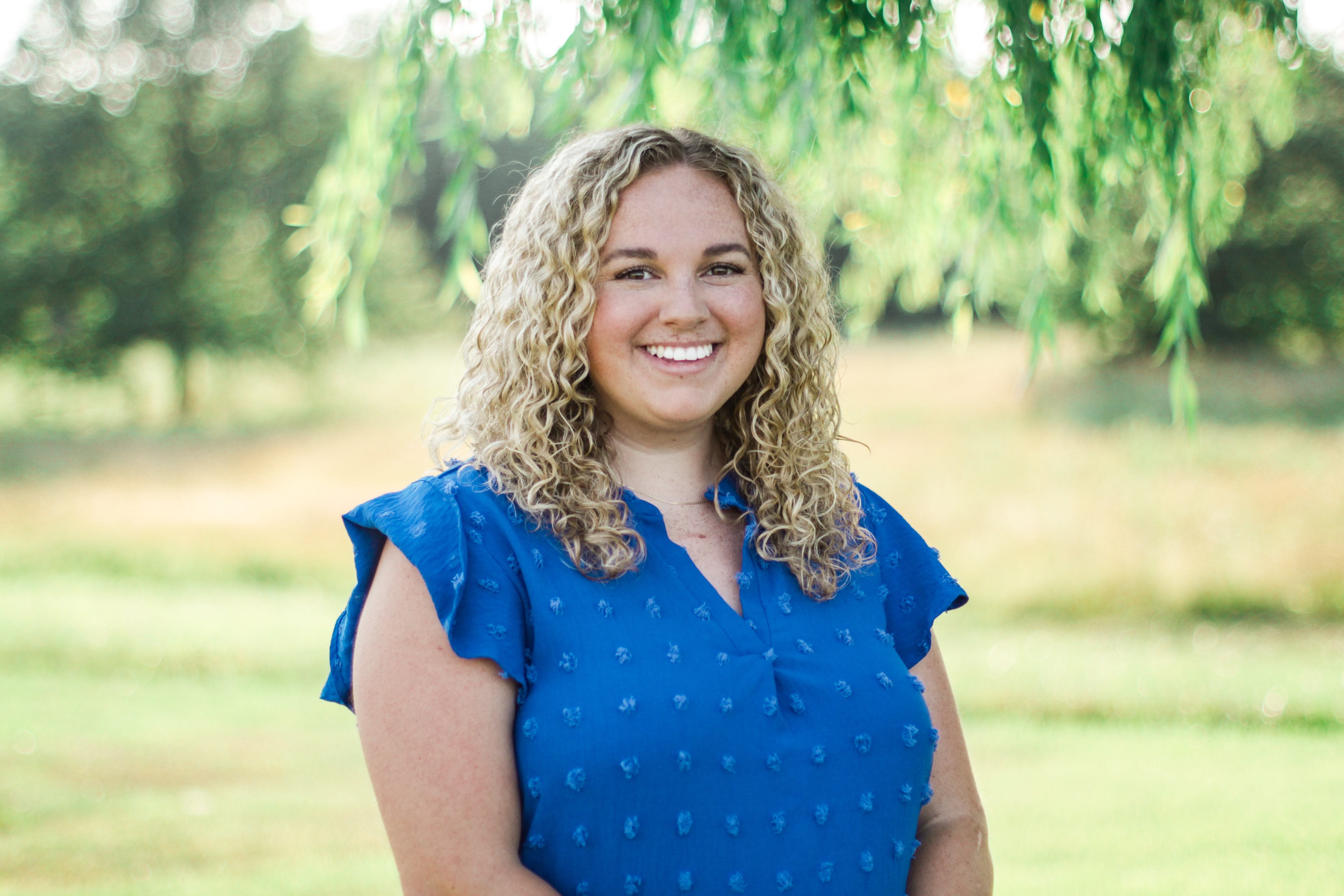Get started with Missouri S&T
Apply hereMaster of science
Especially in today’s world, progress means designing longer-lasting, more sustainable solutions that preserve the environment and transform infrastructure and building design. If you look to lead these projects, realize your aspirations with Missouri University of Science and Technology’s (Missouri S&T) online master of science in civil engineering.
Develop a specialization across civil engineering’s wide spectrum of disciplines while honing your leadership skills. Flexibility shapes both the fully online delivery and format: candidates tailor their degree program to their career and educational goals.
Interested in driving sustainable development in your field? Apply to the program directly, or explore advanced subject matters in one of Missouri S&T’s graduate certificate programs before transferring your credits. Related certificate programs include contemporary structural engineering, geoenvironmental engineering, geotechnical earthquake engineering, infrastructure renewal and project engineering and construction management.
About the online master’s in civil engineering
Missouri S&T’s Department of Civil, Architectural and Environmental Engineering follows one mission: we aim to change the world. This factor shapes the online master’s in civil engineering: graduates learn to plan, develop and design novel and sustainable infrastructure that improves both human and natural environments. Courses stress scientific discovery and engineering innovation through the latest technologies and sustainable development principles.
At the same time, the department’s courses and faculty demonstrate civil engineering’s many subdisciplines and applications. Graduate students are encouraged to chart their own path toward this goal through architectural, construction, environmental, geotechnical, materials, structural and water resources engineering. In developing a customized plan of study, you’ll:
- Strengthen and upgrade your foundation in civil engineering principles
- Prepare to stay ahead in the dynamic world of civil engineering
- Develop a specialization in a subdiscipline while growing as a leader
- Gain the skills to oversee projects from concept to completion
- Become a more strategic problem-solver prepared to propose solutions to existing environmental challenges without losing sight of economic and safety factors
- Explore the design process in greater detail to develop more sustainable, longer-lasting structures and upgrade existing facilities
- Be taught by faculty members who influence the civil engineering field through original research in infrastructure materials, natural hazard mitigation, smart cities, blast and impact protection for infrastructures, low-energy wastewater treatment, green infrastructure, concrete durability and infrastructure climate adaptation
Quick facts
Official name
Master of science in civil engineeringCampus
Program type
Master's degreeAcademic home
College of Engineering and Computing | Department of Civil, Architectural and Environmental EngineeringDelivery mode
100% onlineAccreditation
Higher Learning CommissionCredit hours
30Estimated cost
$36,000.00Military credit hours
30Military estimated cost
$23,850.00*This cost is for illustrative purposes only. Your hours and costs will differ, depending on your transfer hours, your course choices and your academic progress. See more about tuition and financial aid.

Career prospects
Civil engineers build — and preserve — our world. Their skills are behind designing and constructing bridges, skyscrapers, transportation systems and wastewater treatment plants. Professionals are increasingly called on to improve the stability and lessen the environmental impact of existing structures.
The online master’s in civil engineering positions you to not only engage in but to lead these projects. Develop concepts from where design and construction principles intersect with sustainability and business. With 7% more roles for civil engineers anticipated through 2031, graduates apply their knowledge in:
- Consulting
- Government agencies
- Industry and development
Program structure
The online master’s in civil engineering is a 30-credit-hour, non-thesis degree program. Courses are delivered 100% online in a streaming video format and are based on a semester schedule. Students typically take one or two classes each semester and finish in two to three years. No campus visits are required.
Students have the option to specialize their knowledge in one of the following subdisciplines:
Environmental engineering: Understand how to protect and preserve the Earth’s natural resources through courses in groundwater, soil remediation, air pollution control and wastewater treatment.
Structural engineering general studies: Learn to build structures that last and leave minimal environmental impact through courses exploring reinforced concrete, cold-formed steel, fiber-reinforced polymer composites, high-performance concrete, seismic behavior of structures and damage detection.
Geotechnical engineering: Think about where you’ll be building and the impact and stability of the structure in relation to the Earth. Courses explore topics in soil properties and their measurements, foundations, embankments, earth dams, soil mechanics, numerical modeling, soil dynamics and earthquake engineering.
Water resources engineering: Understand how to preserve and protect the Earth’s most abundant resources. Learn more about advanced hydraulics and hydrology, watershed and urban hydrology, physical and mathematical modeling, sediment transport and river mechanics.
Construction engineering: Specialize your civil engineering knowledge toward the construction industry. Courses expose you to the full design and construction process, including estimating, scheduling, contracts, productivity and project delivery systems.
Review the format and requirements for the online master’s in civil engineering.
Delivery
100% onlineCalendar system
SemesterTypical program length
3 yearsTypical course load
1-2 classes per semesterAccreditation
Missouri University of Science and Technology is accredited by the Higher Learning Commission, one of six regional institutional accreditors in the United States.
Faculty spotlight

Areas of interest: Spacecraft shielding, effects of aerodynamic and seismic load, hypervelocity impact, MMOD risk assessments, orbital debris impact damage, ballistic limit predictions.


